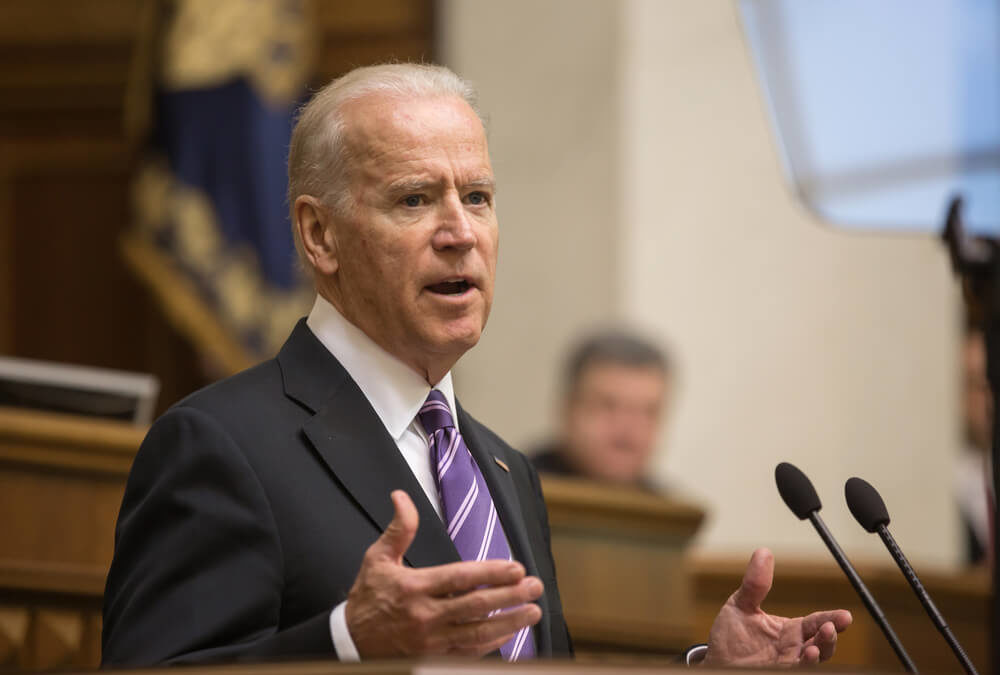Former Vice President Joe Biden has warned his fellow Democrats about leaning too far left, and his warnings may be bearing fruit as a recent poll shows his optional government-run health plan is more popular than the “Medicare for All” plan proposed by a few of his opponents, according to The Hill.
The findings could be key for Biden as the 2020 Democratic primary race tightens. Real Clear Politics’ most recent polling data shows Biden leading at 29.8%, with his two biggest opponents, Massachusetts Sen. Elizabeth Warren and Vermont Sen. Bernie Sanders, trailing at 18.7% and 18%, respectively. Both Warren and Sanders are in the Medicare for All camp.
Biden’s health care plan expands on the Affordable Care Act, also known as “Obamacare,” by giving Americans access to a government-run public option.
The poll, conducted by USC and the Los Angeles Times, found 48% support the option of government-run health insurance, with only 14% in opposition and 38% saying they did not have enough information to make an informed decision.
Medicare for All was much less popular with 34% polled in opposition, and 39% in favor of the proposal. Warren and Sanders have downplayed the impacts of completely shutting down the private health care system in favor of universal health care, and they believe people will be grateful when they don’t have to deal with private insurers anymore, according to The Hill.
When singling out only the Democratic primary voters, support for both plans was more widespread, with roughly 40% of those polled giving the stamp of approval to either plan. But the optional plan won again in voters who only support one idea, with 19% approval compared to Medicare for All’s 14%.
A big hang-up facing Medicare for All is cost. The plan touts generous benefits and no copays but Democrats fighting to make the plan a reality are still figuring out how to fund it. Independent studies have found Medicare for All could massively increase government spending by $25 trillion to $35 trillion over 10 years.
Sanders and other progressive Democrats have proposed using profits from pharmaceutical companies and insurers to help fund the plan, but a recent study from the Associated Press found those profits to be roughly $97 billion in 2018. That’s a drop in the bucket for a plan that could cost $2.5 trillion to $3.5 trillion a year.




